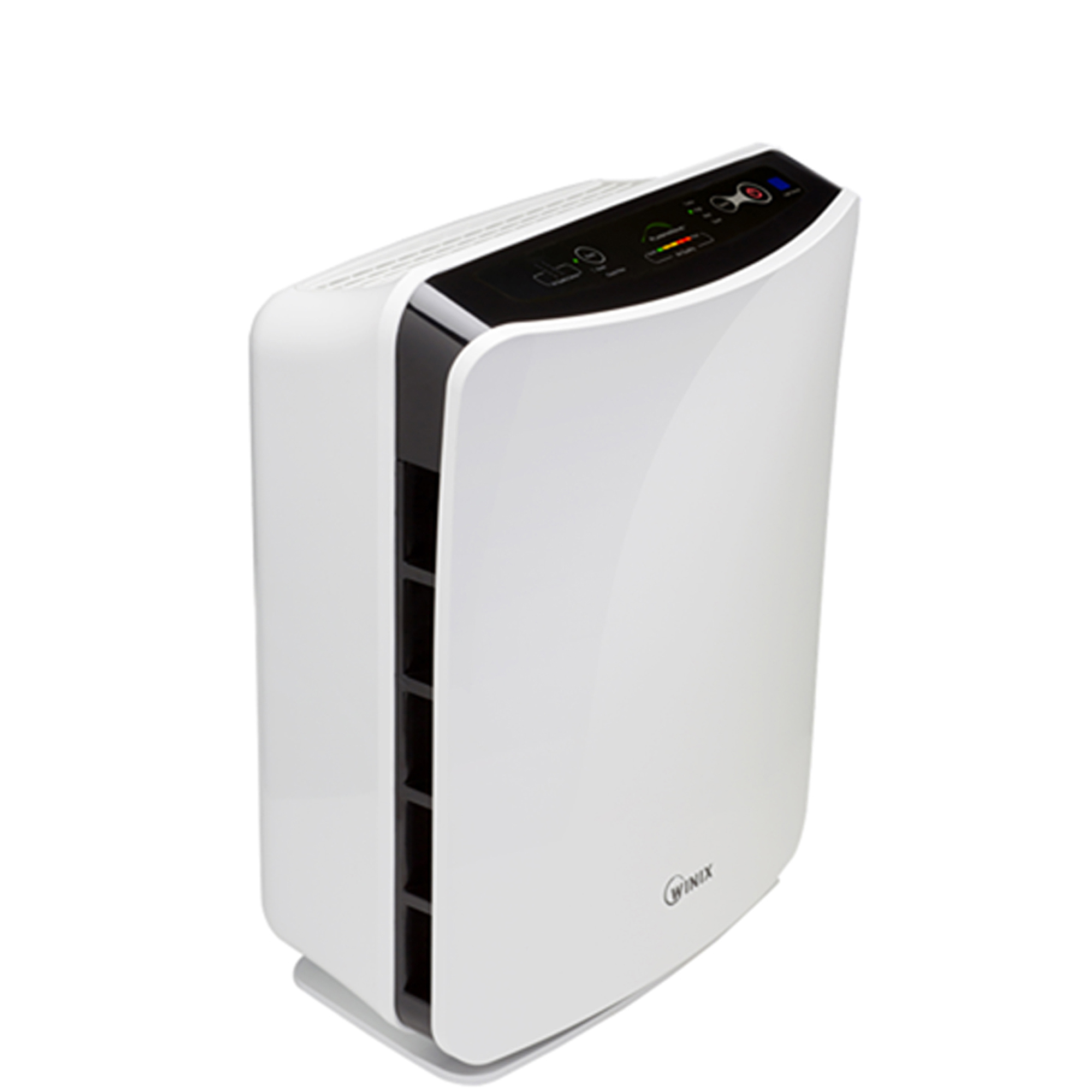Compressed air, gas, and vacuum systems are critical sources of converted energy for manufacturing plants and facilities. Quiet air compressors are more common in today’s factories than other services such as electricity because they are easier to use. They run machines, tools, robotics, lasers, product handling systems, and much more.
Low noise air compressors provide compressed air, often referred to as a “fourth utility” in the industry because of its widespread use, cleanliness, affordability, and ease of use. Compressed air systems are used in various industries. Although they are always an inevitable business cost, air leaks may be draining more money from your pocket each year in the form of unnecessary energy losses.
How Costly are Leakages?
The COVID lockdown has brought about an immense strain on businesses in various industries. When finances are stretched thin, adding losses from air leakages is not the best way to go. Let’s explore some of the ways seemingly tiny leakages can affect productivity.
Checking air leaks during lockdown and preventing potential ones is highly significant when it comes to energy costs alone, not to mention the lower efficiency and pressures imposed on pneumatic tools due to an inadequate compressed air system.
Even on a well-maintained compressed air system, only approximately 19 percent of the total power used is converted into clean compressed air, with the remaining 81% is lost as heat. Since compressed air power requires so much energy to generate, even a minor leak could cause your energy costs to skyrocket well beyond what a well-maintained and regularly inspected compressed air device would cost.
Consider the annual expense of a compressed air system with a 30% loss of output due to leakage in a 200 hp system. At £0.05 per KWh, a 60 hp compressor could result in an annual energy cost of about £22,563. As energy prices increase, the cost of squandering money on repairable and avoidable air leaks becomes much more critical.
Detecting Air Leakages and Leakage Prevention
The first step in avoiding losses due to compressed air leakage is to locate the source of the problem and then take action to correct it. Air leaks can go undetected for years, resulting in wasted energy costs for an extended period before the damage can be repaired.
Some managers may think that fixing compressed air leaks is costly upfront, but when it comes to annual savings, maintenance investments far outweigh the expense of losing tens of thousands of dollars due to wasted airflow.
The human ear can hear many leaks, and the simplest way to find them is to walk around the compressed air system during times of low operation. Unfortunately, not all compressed air leaks are detectable by human ears. Workers may use equipment such as ultrasonic leak detection systems to identify these secret leaks. Although not as cheap as using your ears, ultrasonic leak detection is the best way to find leaks in your air system. It employs an acoustic monitoring system that can detect compressed air leaks’ distinct high-frequency sounds.
Once you’ve identified any leaks and made any necessary fixes, you’ll want to keep them from recurring. Having workers perform routine leak audits with ultrasonic leak detectors is one way to accomplish this. They should keep track of the location and size of any leaks, which will aid in determining the leak’s cost.
Benefits of Fixing Compressed Air Leaks
Having read up to this point, some apparent benefits of attending to your air leakages would have become apparent. While ultra-silent air compressors are a joy to use, it is of immense benefit you ensure wasted air is not running your finances down. Here are some of the benefits gotten from fixing your air leaks.
- Increased Tool Efficiency and Productivity: Increased tool performance and productivity: Air pressure drops caused by leaks can significantly affect your plant’s productivity by causing tools to work inefficiently and create a less productive climate.
- Increased Longevity of Equipment: Low-noise compressors must cycle more often due to the increased demand for air caused by leaks, which can result in a compressed air system’s lifespan being reduced. This may be a costly expenditure that can be avoided by performing routine repairs and inspections to detect and fix leaks.
- Reduced Maintenance Expenses: Air leaks not only shorten the life of your 0compressor by putting more strain on the machine, but they also mean more frequent repairs and maintenance costs than if the compressor continuously performs at its peak.
- Reduced Losses From Downtime: If your system is subjected to excessive demands and requires maintenance, you will face downtime that seriously impedes productivity — and profits.
















